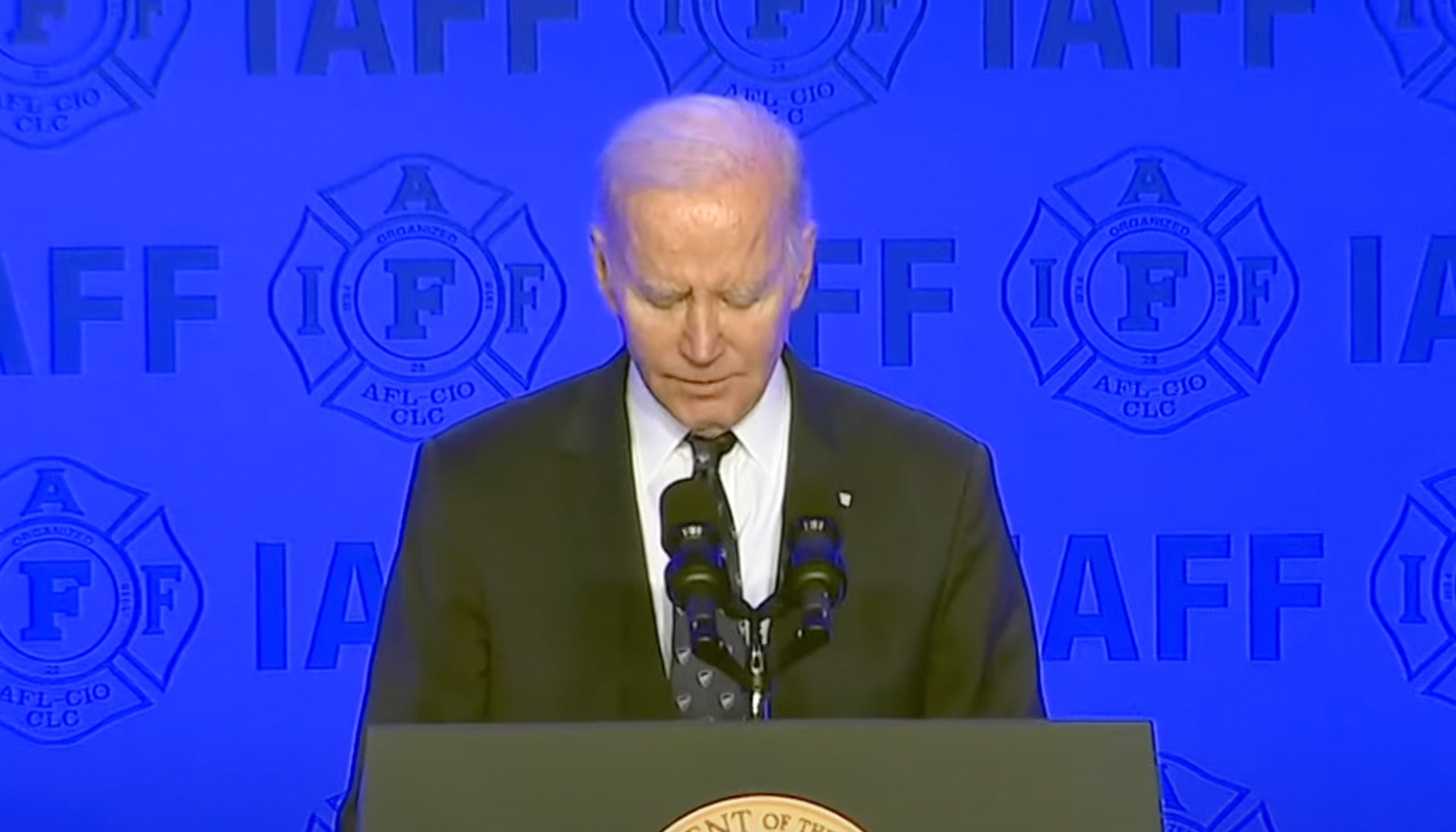Bill Barr Discusses Controversial Trump Remarks in CNN Interview
Recent comments from former U.S. Attorney General Bill Barr about Donald Trump have ignited widespread debate.
Barr's revelations in a CNN interview regarding Trump's extreme statements about a White House leaker have drawn attention across social and political circles, as Newsweek reports.
On Friday night, during an interview with CNN's Kaitlan Collins, Barr discussed an incident from 2020, in which former President Donald Trump reportedly became enraged over leaks concerning his movement to a bunker during protests. Although Barr did not specifically recall the word "executing" having been uttered by Trump, he did not dispute the possibility of such extreme language.
Barr described Trump's tendency to make hyperbolic statements when angry, suggesting they were often expressions of frustration rather than literal threats. This context was amidst the heated environment following the death of George Floyd, which sparked nationwide protests and intense scrutiny of Trump's actions.
Despite the controversial nature of the statements, Barr affirmed his support for Trump over Biden in the upcoming 2024 election. He cited concerns about the progressive policies of the Biden administration as a greater threat than Trump's rhetoric.
Public Figures React Strongly to Barr's Comments
The reaction to Barr's interview was swift on social media platforms, particularly on X (formerly Twitter), where politicians, journalists, and academics expressed their concerns. Many were alarmed at the casual nature of the discussion about executing a leaker, reflecting deep divisions in the perception of Trump's comments.
Comments from various public figures, including former Trump aide Alyssa Farah Griffin, underscored the seriousness with which some insiders took Trump's words. Griffin claimed she witnessed Trump suggesting execution for a staffer suspected of leaking an embarrassing story.
Steven Cheung, Trump’s spokesperson, defended Trump on Truth Social, highlighting Barr's endorsement of Trump despite past criticisms, which adds a layer of complexity to the political landscape as Trump eyes a return in the 2024 Presidential race.
Analysis Of Presidential Statements and Public Perception
The incident highlighted by Barr occurred during a tumultuous period marked by Trump's agitated responses to leaks about his administration. This was particularly pronounced during the George Floyd protests, where Trump's handling of the situation and his statements provoked wide public and media scrutiny.
Political commentators and legal experts weighed in on the implications of a president discussing extreme measures such as executions. They debated the potential impacts on legal and ethical norms within the highest levels of government, reflecting on past statements Trump made during probes into election interference.
Questions about the boundaries of presidential speech and its consequences have been raised, with references to Trump’s previous advocacies for total presidential immunity, further intensifying the debate on presidential powers and responsibilities.
Broader Implications for U.S. Political Discourse
Barr's stance that Trump's inflammatory remarks were not meant to be taken literally raises questions about the interpretation of political speech and the threshold for accountability in high office. This perspective was not universally accepted, as evidenced by significant criticism from various sectors.
Legal and political analysts discussed the potential dangers of such rhetoric, especially if perceived as directives rather than hyperbole. The discussions extended into theoretical legal realms, including debates around presidential immunity and its limits concerning actions deemed unlawful.
The ongoing discourse around these comments reflects a broader concern about the state of U.S. politics, where the lines between rhetorical excess and actionable speech seem increasingly blurred.
Reflecting On National Response and Media Coverage
The coverage of Barr's comments and the public's response highlights the critical role of media in shaping perceptions and the discourse surrounding political figures and their statements. It also underscores the polarization in American political life, where interpretations of similar events can vary dramatically based on political allegiance.
The incident has prompted a broader discussion on how such statements are covered by the media, the responsibility of political leaders in their public communications, and the potential consequences of normalizing extreme speech.
In conclusion, the fallout from Barr's interview serves as a reflective moment for the media, public, and political figures, urging a reevaluation of communication standards and the implications of political rhetoric in shaping public policy and national discourse.






